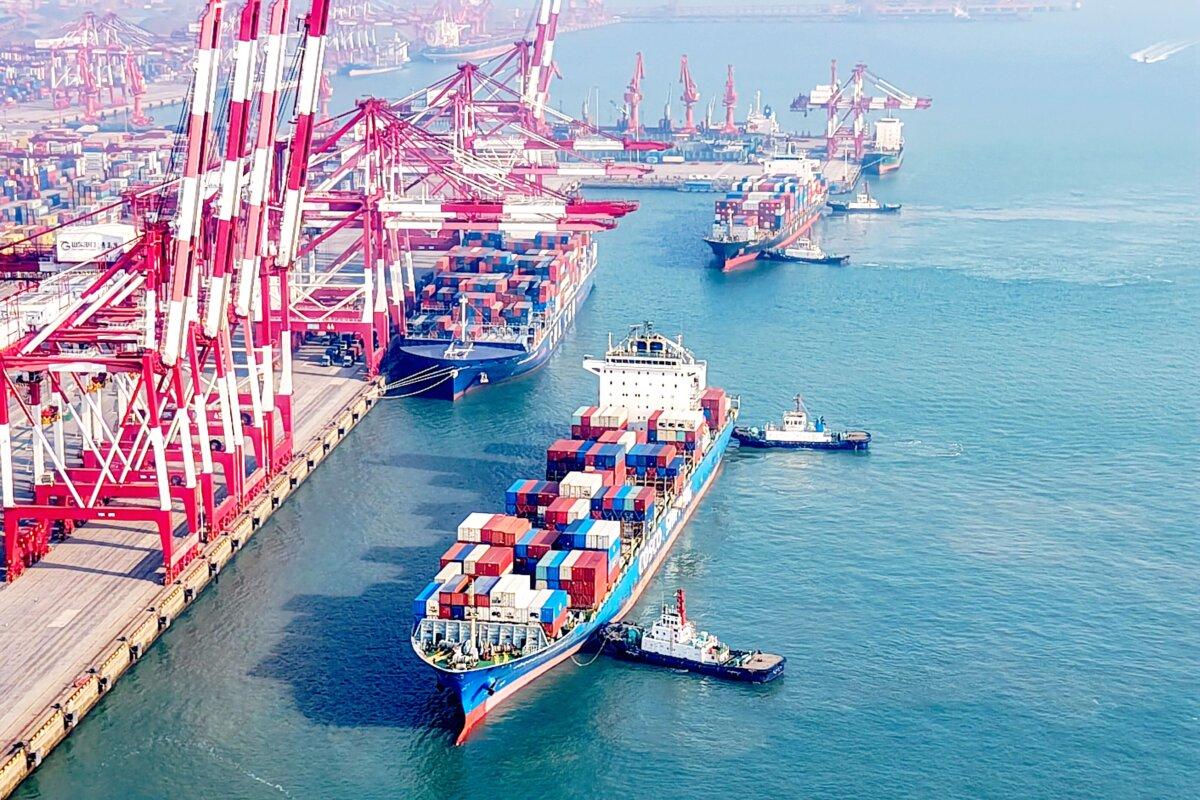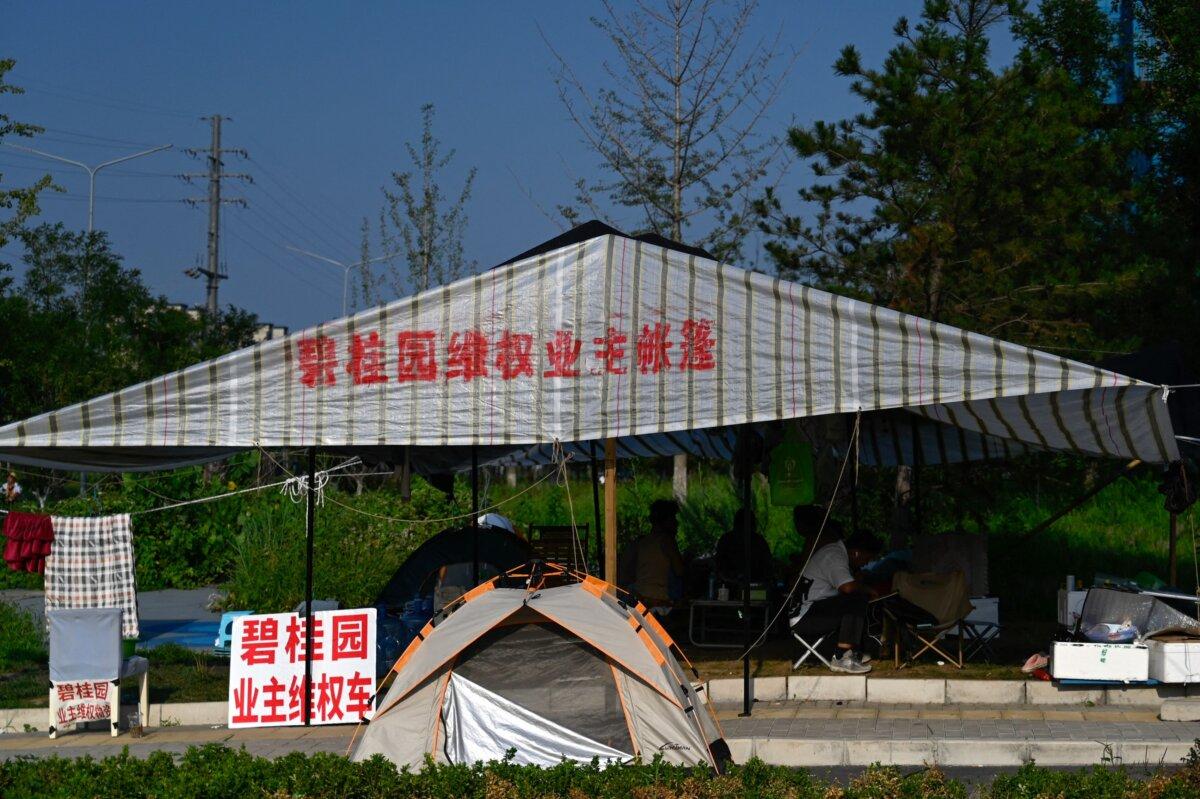The extra tariffs are set to hit China’s exports, a key pillar of the CCP’s ailing economy.
“It’s possible that [Beijing] engages [with Washington] in private, but … the Communist Party has made absolute statements, leaving very limited room for maneuver,” Chung told The Epoch Times.
Chung said the CCP now faces a “huge challenge” due to Washington’s move.
In response, China’s commerce ministry said the regime would not accept Trump’s demands, vowing to “fight to the end,” the ministry said in a statement issued earlier on April 8.
Trump said later on social media that China “wants to make a deal, badly, but they don’t know how to get it started.”
“We are waiting for their call. It will happen!”
Lee Yeau-tarn, a professor at Taiwan’s National Chengchi University, pointed out that China’s responses to the latest U.S. tariff hikes sharply contrast with those of other Asian nations.
In contrast, the CCP reacted swiftly adding tit-for-tat tariffs. China’s Ministry of Commerce also expanded its “unreliable entities list” to include 11 companies and imposed controls on several rare-earth minerals critical to global markets.
Additionally, China’s state media published a series of commentaries on April 5 and 6 condemning Trump’s tariff strategies, while attempting to downplay the impending repercussions on their economy.
However, what Beijing didn’t mention is how it has for years leveraged globalization to its advantage, said the Taiwanese professor.
“They subsidize their companies and engage in intellectual property theft from developed nations, particularly the United States, to boost their economy,” Lee told The Epoch Times. By this method, “they lowered their products’ prices and monopolize various industries. When there is overcapacity, they dump the products into the global market, creating trade imbalances,” Lee said.

Cargo ships loaded with containers are seen berthing in Qingdao Port, east China’s Shandong Province, on Jan. 13, 2025. STR/AFP via Getty Images
Beijing’s responses, according to Lee, reflected that the tariffs are necessary.
“In the end, the only country in the world confronting the United States will be communist China,” Lee said. “Therefore, a tariff war is also a necessary measure to prevent the CCP’s totalitarian dictatorship from prevailing over the free and democratic world.”
Hit on China’s Economy
While unveiling his 34 percent reciprocal tariff on China on April 2, Trump said the CCP has taken “tremendous advantage” of the United States for years.
The President also signed on April 2 an executive order to put tariffs on low-value packages from China, effectively closing a loophole that had allowed Chinese e-commerce companies to export goods under $800 into the United States without any tariffs.

People protest next to a development of property developer Country Garden in Beijing, China, on Aug. 15, 2023. PEDRO PARDO/AFP via Getty Images
Wong said the tariffs are expected to hit hard small and medium-sized manufacturers in China particularly hard, as many depend heavily on the U.S. market.
“While the impact won’t be catastrophic, the tariffs are expected to further squeeze their already thin profit margins and drive companies to accelerate the relocation of their supply chains out of China,” Wong told The Epoch Times.
A staff member from a trade company in Shenzhen, a tech hub adjacent to Hong Kong, expressed concerns that the tariffs would affect his firm’s exports to the U.S. market, as they would need to raise prices.
“In the past … we could lower the prices if there is still room,” he told The Epoch Times, requesting not to be identified to avoid repercussions from the regime.
Now, raising prices seems to be the only real option, because “our factories need to turn a profit to keep running,” he said.
“The worst scenario would be doing less business in the U.S. market,” he added.
Li Yuanhua, a former associate professor in history at China’s Capital Normal University, told The Epoch Times that as an autocratic and totalitarian regime, Beijing has been doing whatever it wants, with a record of leaving the Chinese people to bear negative consequences of their policies while the party elite remain unaffected.
However, he raised a question, “If the living standards of today’s Chinese people were to plummet back several decades, would they be able to cope? With growing public anger, can the CCP truly sustain its grip on power?
“The CCP doesn’t have many cards left to play.”
Luo Ya and Jiang Zuoyi contributed to this report.

